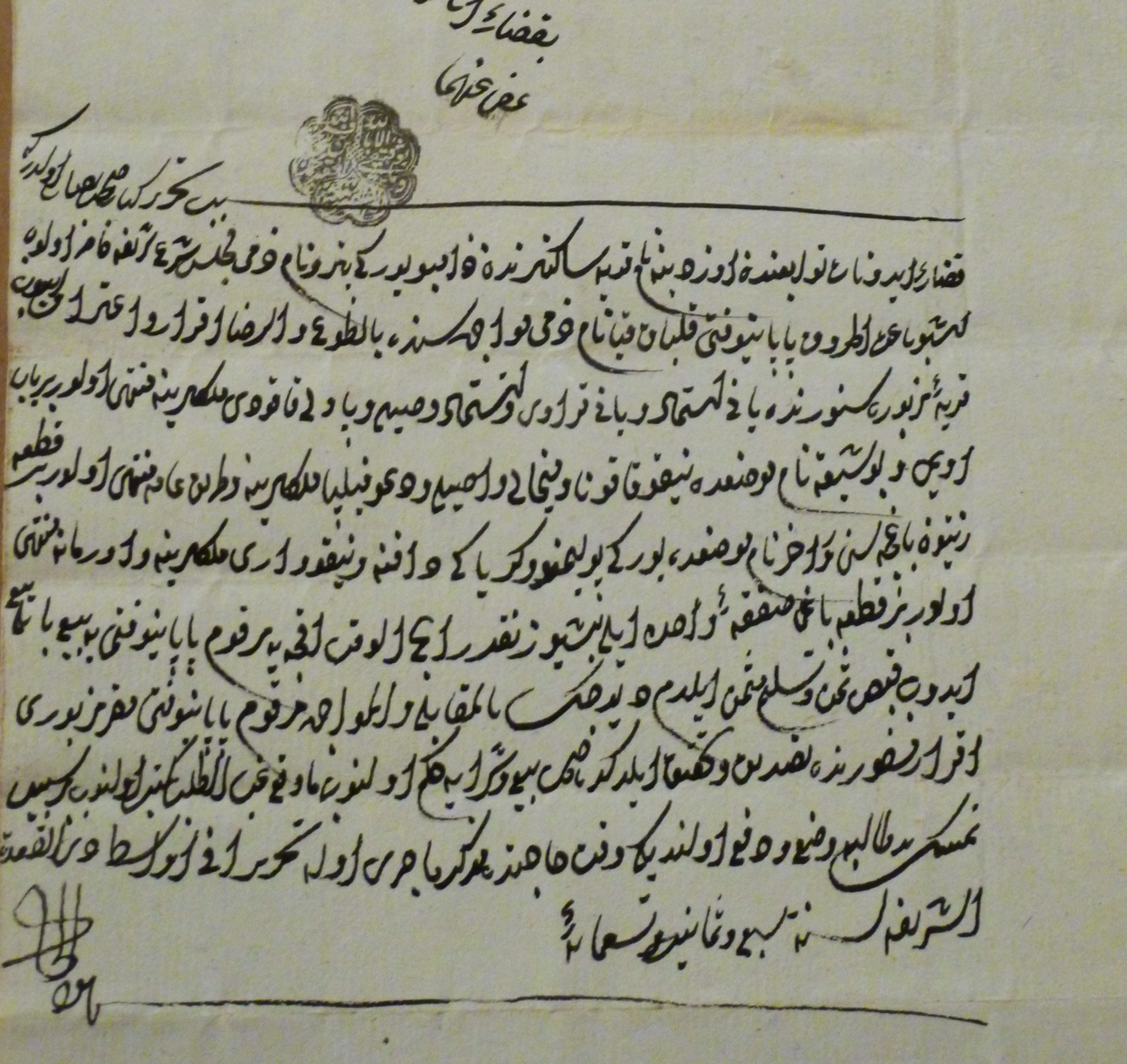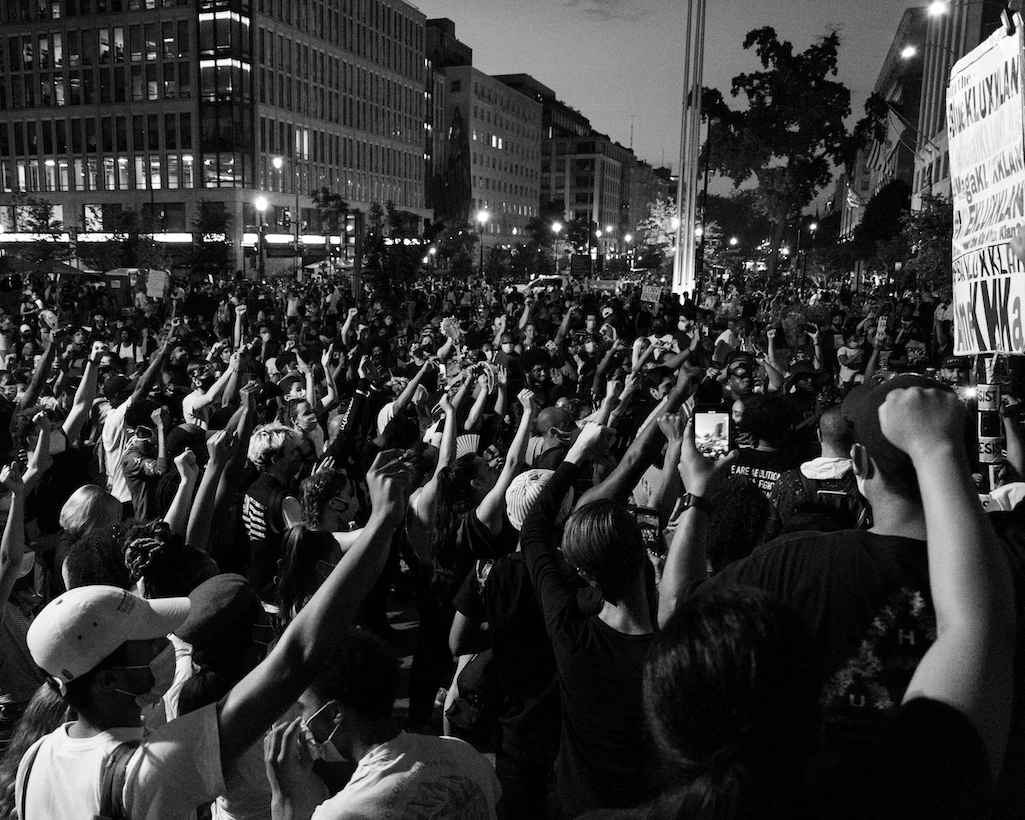Lerian Palimpsests: On Surprising Layers In Ethnographic Research

In this contribution to Bulletin 28, former ISRF Fellow Ilay Romain Ors reflects on her fieldwork experience on the Greek island of Leros through the concept of palimpsest.

In this contribution to Bulletin 28, former ISRF Fellow Ilay Romain Ors reflects on her fieldwork experience on the Greek island of Leros through the concept of palimpsest.
![Βάρδα φουρνέλο! [Alert, explosion!]](https://www.isrf.org/wp-content/uploads/2023/05/Picture-1.jpg)
In this contribution to Bulletin 27, Io Chaviara, Danae Karydaki, Michalis Kastanidis, and Regina Mantanika introduce OpenEleusis, an interdisciplinary digital platform that maps the cultural history and living memory of the city of Eleusina.

In this contribution to ISRF Bulletin 27, former ISRF Fellow Athena Hadji reflects on how she moved her Greek Sculpture classes online overnight during the initial months of the Covid-19 pandemic and the unexpected benefits this brought.

In this contribution to Bulletin 27, former ISRF Fellow Hanne Cottyn and her co-authors reflect on the way Paramunos, an interactive online portal about the Colombian páramos, came about.

In this contribution to Bulletin 27, Styliani Lepida discusses the affordances and challenges that digital technologies represent for the study of Ottoman History.

In this contribution to Bulletin 27, Costas Gousis explores what he calls digital infrastructures of dissent, taking two migrant protests in Greece as case studies.

On Saturday 21 Jan 2023, St John’s Interdisciplinary Psychoanalysis seminar (Oxford University) is hosting a workshop on Richard Wollheim’s “The Good Self and the Bad Self: the Moral Psychology of British Idealism and the English School of Psychoanalysis compared”

In this contribution to Bulletin 26, Steve Graby reflects on their research into disabled people’s involvement in co-operatives in Britain.

In this contribution to Bulletin 26, Elizabeth Evans speaks to the barriers disabled people face when seeking to run for political office in Britain and explores the implications this carries for questions of justice and representation.

In this contribution to ISRF Bulletin 26, Alison Wilde focusses on the specific challenges communications about Covid-19 created for autistic people and people with learning disabilities.